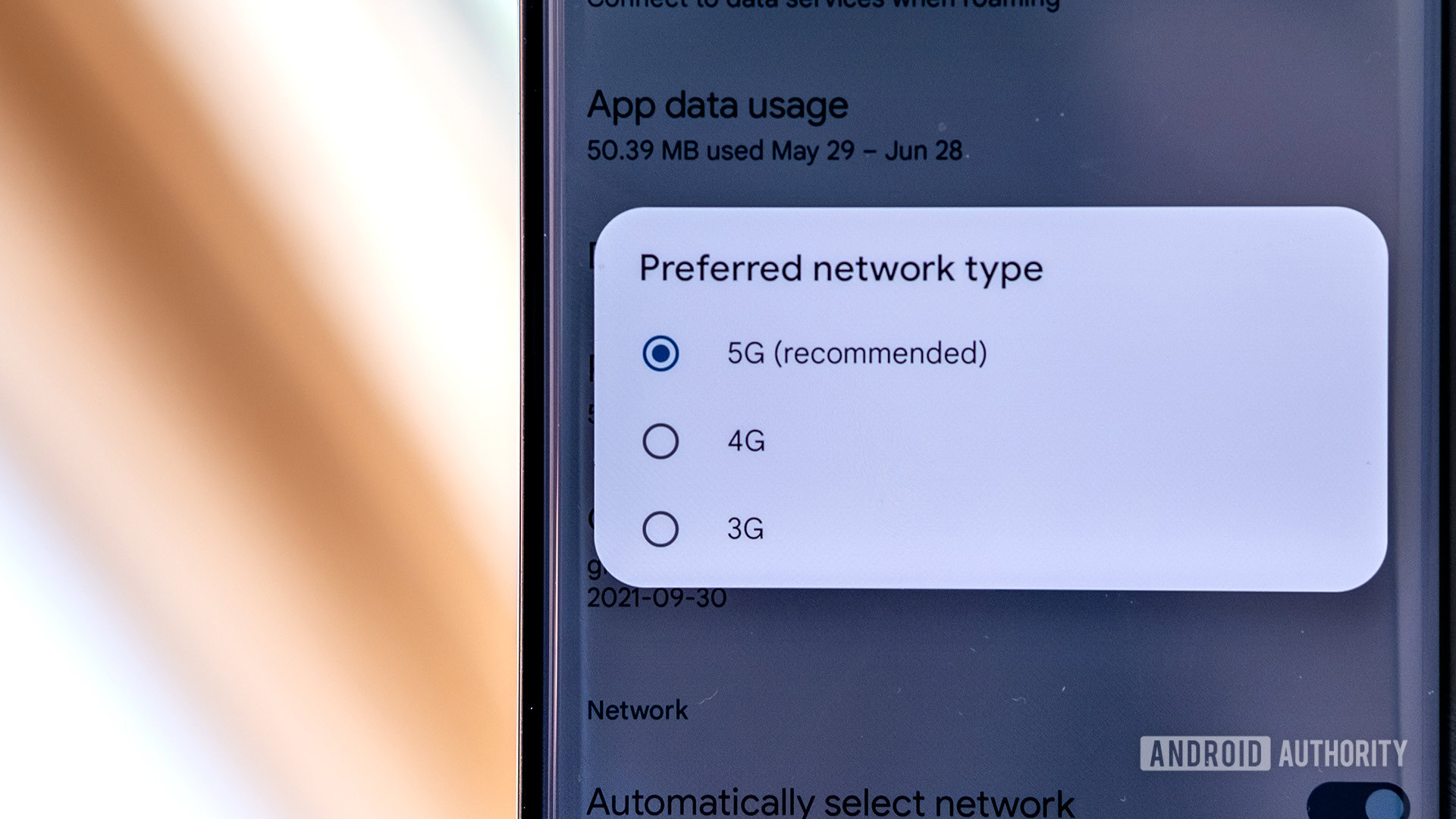Affiliate links on Android Authority may earn us a commission. Learn more.
US telecom subscribers are running out of carriers to choose from, and that’s really bad
May 29, 2024

Yesterday, T-Mobile announced its plans to acquire most of US Cellular’s wireless operations and select spectrum assets for $4.4 billion. T-Mobile’s move is the latest business transaction that further consolidates the US market, leaving consumers with no option but to majorly bank on the big three carriers for their telephony needs. This consolidation may be good for the carrier and will also be marketed as good for the consumer. However, as consumers, we will get the short end of the stick sooner or later.
Consumers in the US have largely stuck to four carriers: AT&T, Verizon, Sprint, and T-Mobile. Some outliers have flocked to smaller carriers like Dish Wireless and US Cellular, and a few consumers also prefer MVNOs based on the top carriers.
However, with T-Mobile’s acquisition of Sprint in 2018, the top four carriers consolidated into the top three. With T-Mobile’s acquisition of US Cellular, the original top six carriers in the US are down to just the top four. The carriers are also on a spree to acquire MVNOs, like T-Mobile’s acquisition of Mint Mobile in 2023 and Verizon’s acquisition of TracFone Wireless in 2020, which have shrunk the available options to American consumers.
If you are in the market for a new phone line right now, chances are that your choices are limited to AT&T, Verizon, and T-Mobile only or on MVNOs based on them.
Are you happy with the state of telecom carriers in the US right now?
The carriers are aware of this oligopoly and have also begun resorting to price increases, even on legacy plans. We’re also seeing changes to price lock promises, watering them down from an actual price lock to a less effective walk-out clause with waivers. If you have a grandfathered plan, you should be mentally prepared to be no longer honored for it.
Needless to say, this is terrible news for consumers. A competitive telecom market is necessary for spurring innovation and keeping prices affordable and realistic. The recent wave of consolidation is moving the telecom market in the opposite direction.
AT&T, T-Mobile, Verizon: Which is your preferred carrier right now, and why?
An oligopoly, where only a couple of providers exist to serve millions of customers, is detrimental to consumer interest, especially if the carriers reach an unwritten understanding of keeping prices high for the perpetual benefit of their bottom line. When more consolidation goes through, the dominant carriers can make absurd promises and not follow through, and they wouldn’t have competitors left in the market that would react to such absurdity. Carriers in an oligopoly can raise prices of plans citing higher operational costs, and then two weeks later, announce another acquisition (yes, that does sound familiar).
So, are you happy with the state of the US telecom market right now? Are you pleased with the current choices of AT&T, T-Mobile, and Verizon? What do you like, or what do you dislike the most? Are you satisfied with your carrier’s coverage, speed, and plans? Let us know your thoughts in the comments below!
Thank you for being part of our community. Read our Comment Policy before posting.